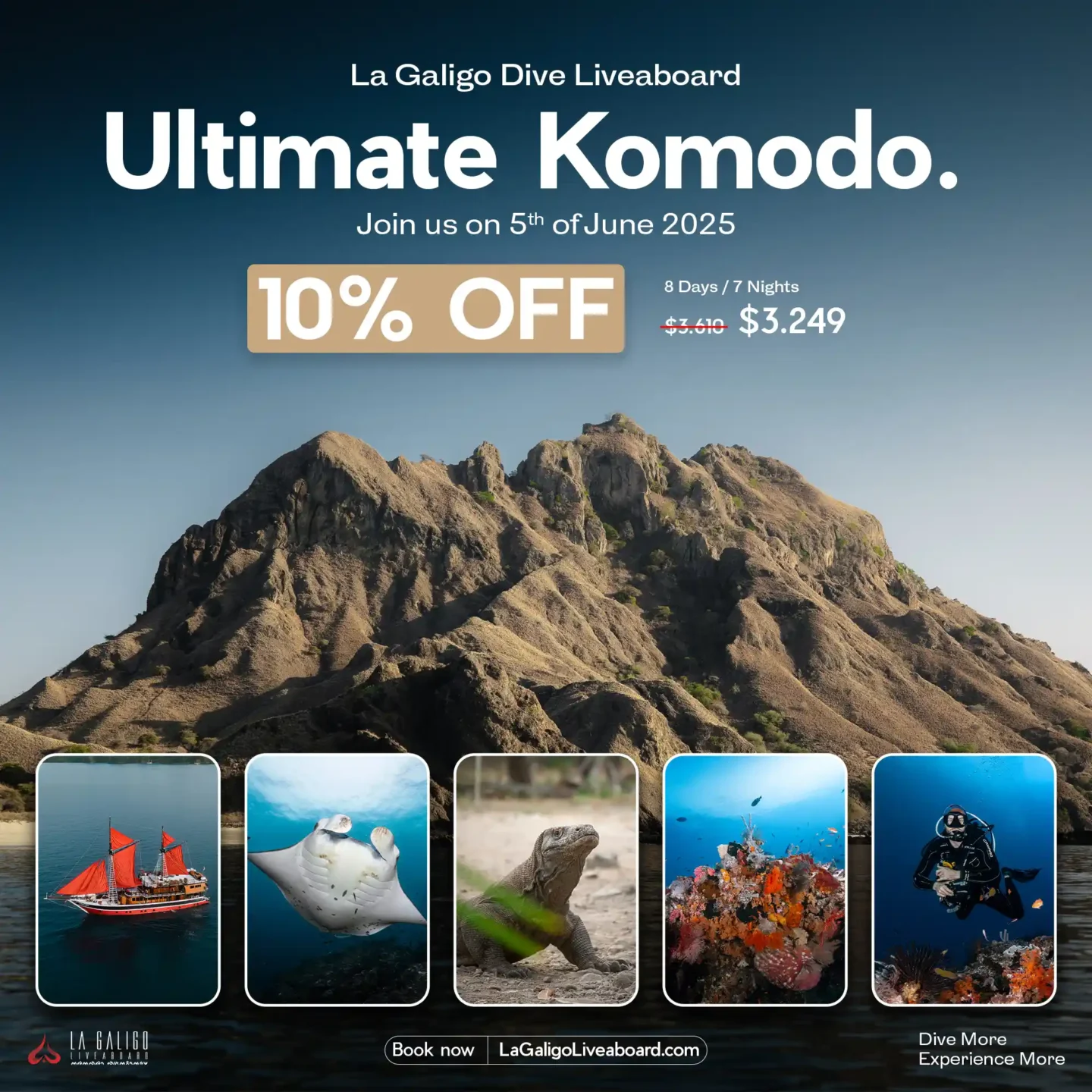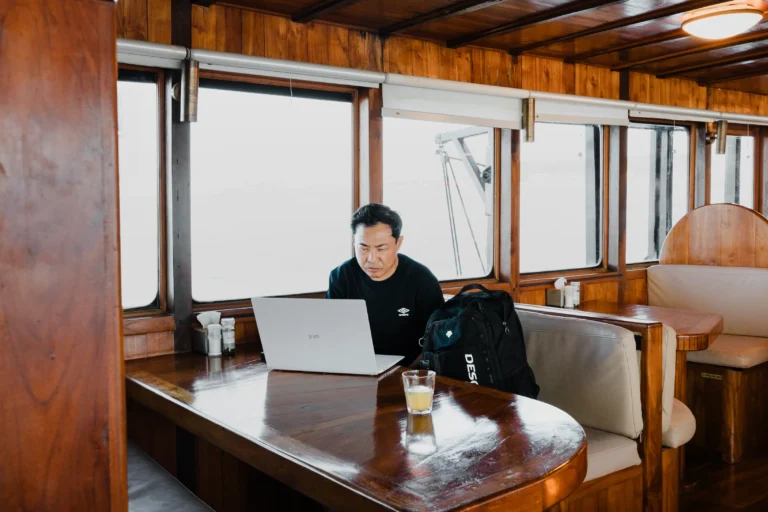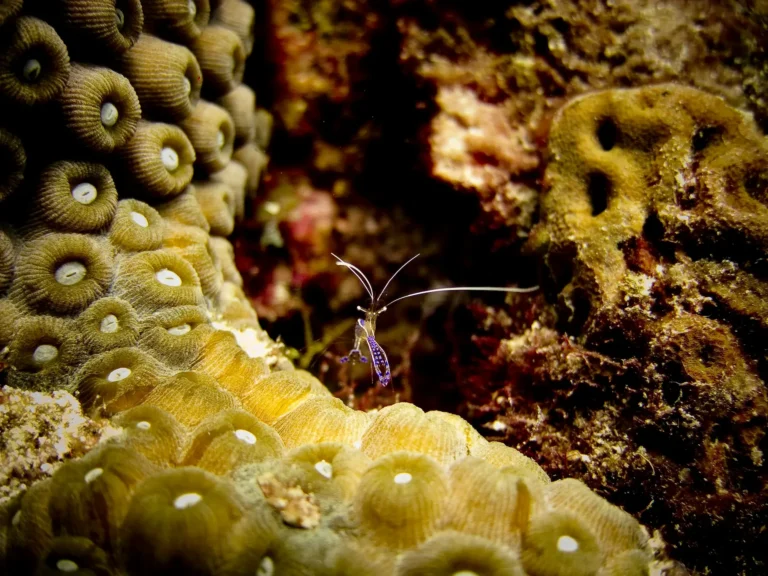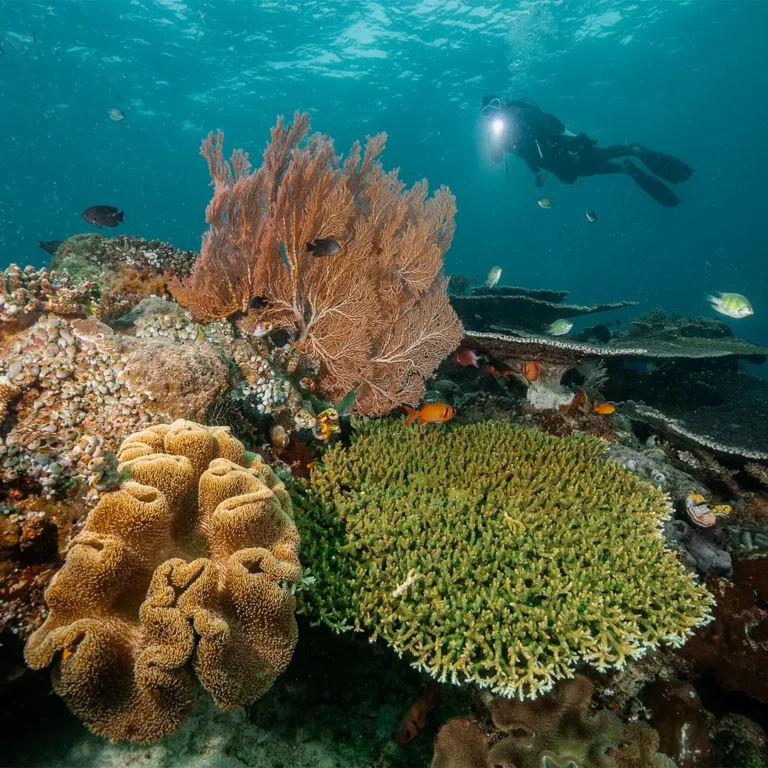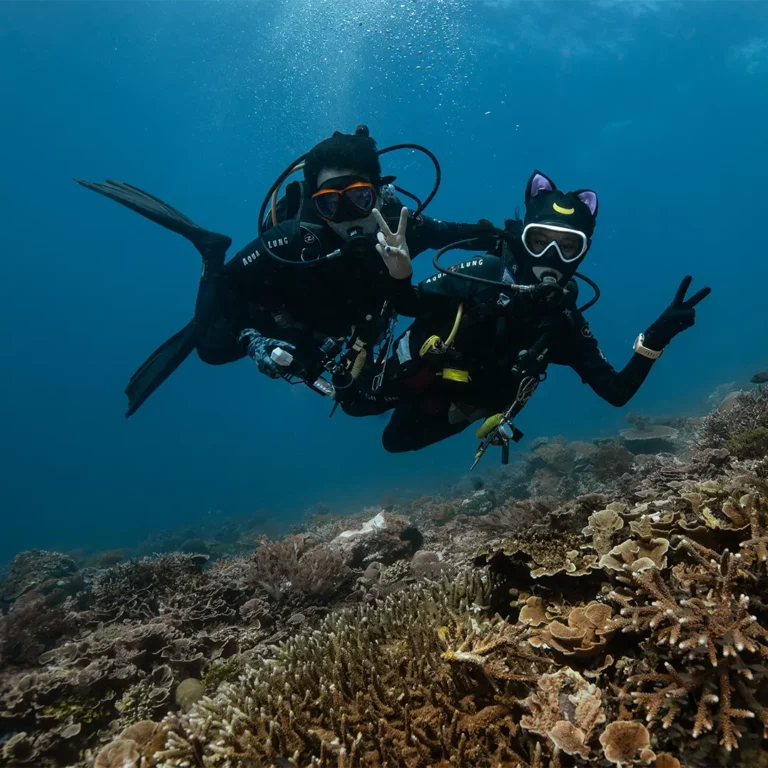It is only natural and normal for every scuba diver to want their own equipment, so why wouldn’t you?
Everybody looks at the reviews, the pictures, and the websites. It’s a fact that scuba divers are drawn to shiny new things like magpies! Regretfully, we all quickly discover that scuba diving equipment can be costly to purchase on our own.
Most of the time when you start out and are a bit green,you will think that rental equipment is excellent. When you transition from renting to buying gear, you will quickly recognize that the rental kits are at the lower end of the specifications.
Given that rental gear never receives the same care and attention as personal gear, this is only to be expected. There’s also the minor problem that nobody would ever buy any equipment if they could just rent the greatest!
The improvement in quality is immediately apparent, though…
Although scuba diving centers take great care to clean their equipment, you can only truly know where something has been if you actually own it.
It is uncommon for a novice diver to purchase a complete set of equipment since most of us acquire our diving gear gradually, primarily due to budgetary limitations.
When a piece of equipment needs to be replaced, most of us will buy whatever is currently the best option available, or at the very least, the best price.
Because of this, it is unusual to see a diver wearing everything that is “on brand” and having all of their gear made by the same company. Scuba diving professionals may begin to doubt the competency or aptitude of the diver if they notice this, but they may not know it.
The manufacturing standards for scuba diving equipment are incredibly high, regulated by law, and ensure that equipment failures are extremely rare.
Dazzling New Scuba Gear
It is always more tempting to go with new equipment. Obtaining brand-new scuba gear excites us all.
Acquiring new equipment allows you to explore every option available on the market, comes with a complete guarantee, and allows you to return it if it doesn’t fit perfectly. Also, it is more affordable and practical to have the service interval shifted by a few years.
A compelling case can also be made for the fact that you are more likely to buy the dive gear you need and want than what just so happens to be on the used market.
Rather than buying things because they were necessary, many of us have done so because they were cheap!
Does buying used goods make sense? Does every scuba diver need to take it into consideration? Is it safe to use used dive gear? What are the benefits and drawbacks.
ALSO READ : 9 Things That Can Ruin Your Dive Gear
Should I Buy used scuba diving gear?
Yes, to put it briefly. Any scuba diver should be open to the possibility of buying used equipment and should give it careful thought.
Your neighborhood dive shop is a great place to start because they usually have rental equipment they’d like to replace or end-of-season inventory they’d like to sell for cash.
The cost savings is a huge plus, but you have to accept the lack of return options and the manufacturers guarantee (which might not be transferable if the item is less than a year old).
Used regulators and BCDs need to be serviced before being purchased. While that expense must be taken into account, neglecting maintenance would be insane.
For secondhand cylinders to make financial sense, they must be “in test” and have enough time until their next test.
Facebook Marketplace is a great place to find gear, but you must exercise caution when browsing the internet. Although you wouldn’t want to touch some of the used diving gear, you can and will find some true gems.
Fins, masks, wetsuits, and other items like gloves and hoods are all excellent finds there. Dive computers are another wise investment. I once paid $120 for a used diving computer with 14 dives on it that originally retailed for $360.
Best practices for buying used scuba diving gear
ALSO READ : 5 Ways To Prevent Your Dive Mask From Leaking
There are no guarantees, and you can never be sure what you are getting until you can physically inspect the equipment. Thus, what are some strategies to increase your chances of finding a great deal and reduce the possibility of purchasing a dud?
The points below will provide you with a great understanding of what you have purchased.
Discover why the item is being disposed of; it’s a good idea to start with discovered why it has lying around the garage.
- Does the seller dive professionally or not? If so, they might be less likely to deceive and more conscious of the significance of the equipment.
- Use a credit card or Paypal to make your purchase so you are protected in the event that the item is a scam.
- What are the ratings of the sellers on Amazon, Marketplace or eBay? Rating and volume are important.
- One excellent way to determine how much a BCD has been used is to look at the velcro’s wear.
- All used regulators require servicing, so budget about $70.
- To ensure that it retains air properly, inflate any BCD until the dump valves release, then leave it inflated.
- Rinse the apparatus under warm water. It hasn’t been properly cared for if you smell chlorine; expect a slightly shorter shelf life. In the event that it is dive critical, test it out in a pool before using it in open water.
